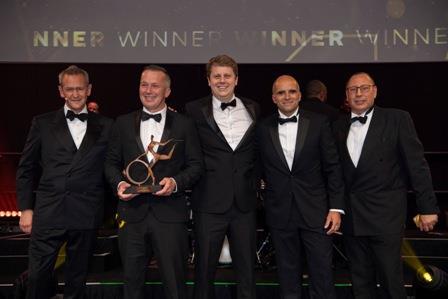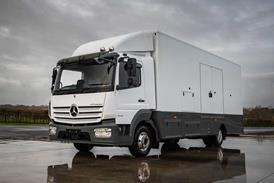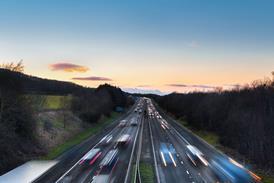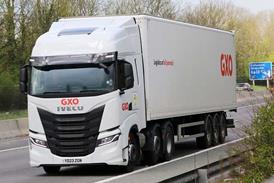
Nottingham County Council’s (NCC) mission statement is to put citizens at the heart of all decisions. Air quality has a huge impact on quality of life and there is a clear directive to transform the council fleet to cleaner, environmentally responsible vehicles. As a result, NCC has committed to a zero-tailpipe emission fleet by 2028.
The local authority has grown its EV fleet from two vehicles in 2016 to 196 today.
Of this EV fleet, 130 are vans – travelling over 590,000 miles a year combined, equating to over 115,000 fewer litres of diesel being used per annum.
In turn, this has reduced the yearly amount of CO2 emitted by NCC’s fleet by more than190 tonnes – the same quantity of carbon absorbed by over 7,000 trees.
NCC has also become a pioneer for adopting new EVs in the wider municipal fleet.
Some of the EVs currently in operation include compact sweepers, minibuses, cage tippers and OEM electric refuse collection vehicles (eRCVs), all of which were the first of their kinds to be operational in the UK.
NCC’s CleanMobilEnergy Project will connect 40 electric vans to a network of solar PV panels and the National Grid using an energy optimisation platform.
By predicting periods of good weather and low electricity pricing it will charge vehicles at the most cost-effective times, while also enabling the vans to act as short-term energy storage units by discharging energy back to the grid during periods of high demand.
In 2020, NCC also launched the UK’s first ultra-low-emission vehicle (ULEV) workshop to be run by a local authority. NCC has created a ULEV procurement framework, which is available to other local authorities.
Our judges said: “NCC demonstrated a very strong leadership approach to adopting new technology and supporting wider change for local businesses and other councils.”
“We’re really proud; the public sector has shown that it can lead the way in a commercial environment”
Jason Gooding, head of parking, fleet and transport services, Nottingham City Council













